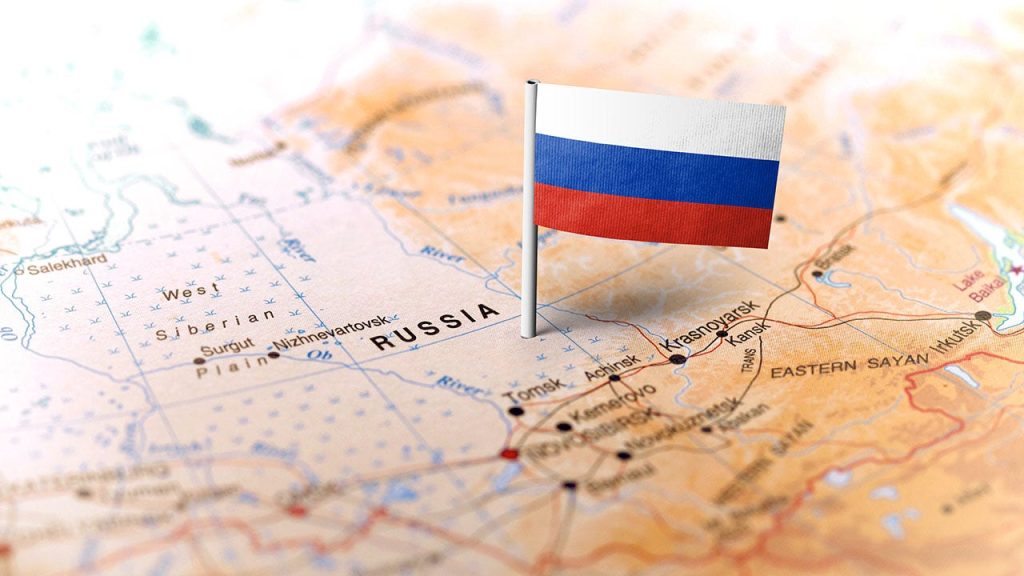Authorities in Russia have detained six journalists across the country this month, including Antonina Favorskaya, who covered the trials of Russian opposition politician Alexei Navalny for years. Favorskaya was accused of taking part in an extremist organization by posting on Navalny’s Anti-Corruption Foundation’s social media platforms. Two other journalists, Alexandra Astakhova and Anastasia Musatova, were also detained after coming to meet Favorskaya at the detention center. Ekaterina Anikievich and Konstantin Yarov were also detained by police while covering the search of Favorskaya’s home, with Yarov being beaten, threatened with sexual violence, and taken to a hospital.
In Ufa, Russian authorities detained Olga Komleva, a reporter for RusNews, accusing her of extremism and involvement with Navalny and his organization. Favorskaya was initially detained on March 17 after laying flowers on Navalny’s grave and spent 10 days in jail for disobedience towards the police. However, when that period of detention ended, she was charged again and ordered to appear in court on Friday. Navalny’s Anti-Corruption Foundation has been designated an extremist organization by Russian authorities, subjecting people associated with it to potential prison sentences if they continue to be involved in its work.
Kira Yarmysh, Navalny’s spokeswoman, stated that Favorskaya did not publish anything on the Foundation’s platforms and suggested that Russian authorities targeted her because she was simply doing her job as a journalist. This sweeping crackdown in Russia is aimed at opposition figures, journalists, activists, and members of the LGBTQ+ community. The situation highlights the increasing challenges faced by journalists and media organizations in Russia, where press freedom is under threat and journalists are subject to threats, violence, and detention for simply doing their jobs.
The detention of these journalists, including Favorskaya who covered Navalny’s court hearings for years and filmed his last video before his death in a penal colony, underscores the risks faced by journalists in Russia. The intimidation and violence faced by journalists covering sensitive issues such as political opposition and corruption are of grave concern. It is essential for press freedom organizations and international bodies to raise awareness of these issues and advocate for the protection of journalists and media workers in repressive environments.
The cases of Favorskaya, Astakhova, Musatova, Anikievich, Yarov, and Komleva are part of a broader crackdown against dissent in Russia, targeting journalists, activists, and opposition figures. The harassment and detention of journalists covering sensitive issues indicate the increasing pressure faced by independent media in the country. It is crucial for the international community to speak out against these violations of press freedom and support journalists who are risking their lives to uncover the truth and hold those in power accountable.
As Russian authorities target journalists like Favorskaya for doing their jobs and reporting on critical issues, it is imperative for media freedom organizations, governments, and civil society to condemn these actions and call for the release of all detained journalists in Russia. The ongoing crackdown on dissent and independent media in the country poses a serious threat to press freedom and democracy, and it is crucial for the international community to stand in solidarity with journalists facing persecution and work towards ensuring a safe and enabling environment for independent journalism in Russia and beyond.


